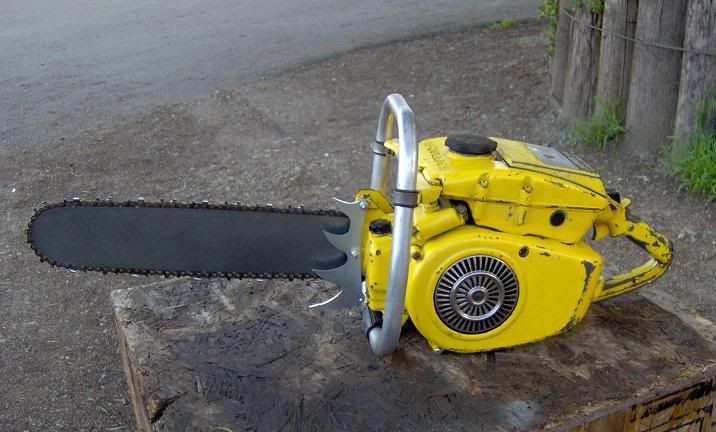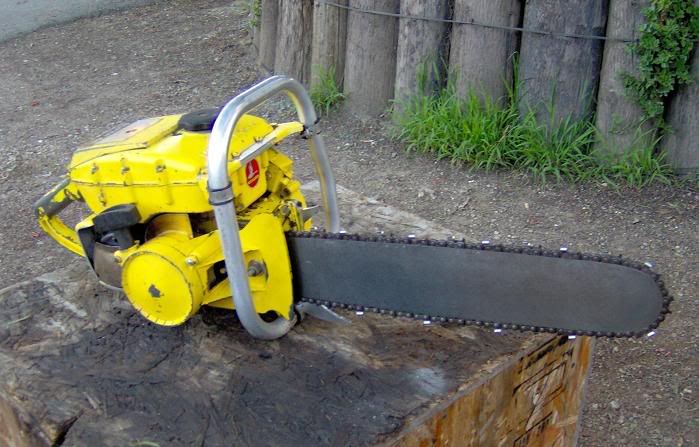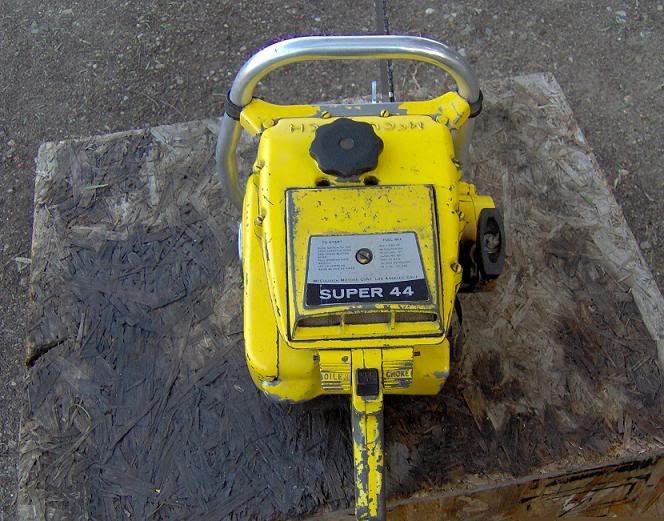The ignition needs a trigger, telling it when to fire, and that is what the points do. A more modern electronic ignition would have electronics built in to the coil to do the same job.
The coil itself actually consists of two sets of windings, primary with fewer turns of heavier wire, and secondary with a lot more turns but generally finer wire.
When the magnet(s) move past the coil it induces a current flow in the primary windings. When ever there is current flowing in a wire, a magnetic field is created around the wire, wrapping the wire in a coil intensifies the magnetc field.
At exactly the right instant, the breaker points open "breaking" the curcuit, the current flow stops and the magnetic field collapses. The condenser "absorbs" the voltage for an instant to prevent arcing at the points, then discharges back through the primary windings speeding the collapse of the magnetic field and increasing the voltage induced in the secondary windings.
Basically the point gap determines the ignition timing, increasing the gap advances the timing, reducing the gap retards the timing.
There are a few other threads dealing with ignition and trouble shooting that have good information and illustrations of testing the system/components with a Fluke.
Mark








